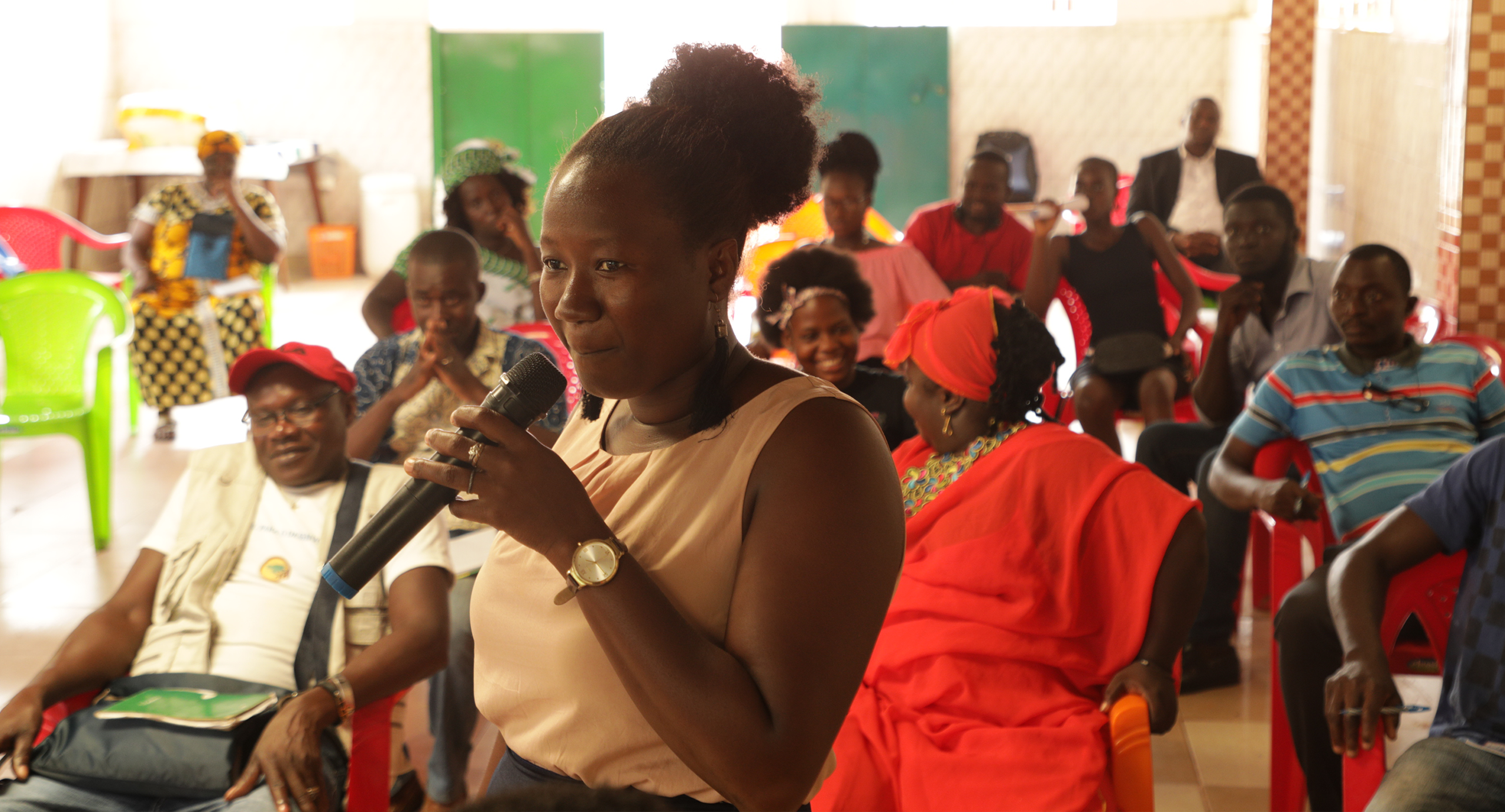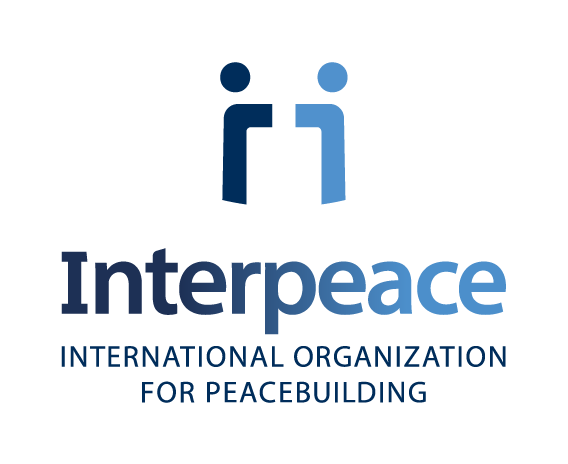

In Guinea-Bissau, young people represent the majority of the population. However, youth are largely excluded from national and local decision-making processes. This has political, economic, and socio-cultural impacts on their lives: it causes exclusion, creates frustration and dissatisfaction, leaves some young people open to manipulation, and generally has disruptive effects on young people and wider society. Societies that exclude youth from civic involvement lose their innovative potential and energy, slowing a country’s socio-political and democratic development. In Guinea-Bissau, resistance from the “older” generation is a key factor in the exclusion of young men and women from decision-making and posts of responsibility in institutions and political parties.

Interpeace’s programme in Guinea-Bissau focuses on promoting inclusive democratic governance and dialogue between citizens and institutions. The programme is currently strengthening the role and leadership of young people by increasing their participation in, and influence on, peacebuilding and democratic processes. Since 2021, Interpeace and its partner Voz di Paz have been working to reinforce the role of youth in public decision-making bodies, nourishing a dialogue with older generations, boosting the self-confidence of young adults, and promoting new leadership models.
In 2022, the programme organised several dialogue sessions and created youth mentoring platforms. The results of the dialogue sessions were disseminated and validated in meetings with government institutions. Platform members were successfully trained to develop youth-led advocacy activities, which the project team accompanied and financed, using the project’s micro-grant facility. Results were disseminated in the form of videoclips and radio programmes.

Relations between youth leaders and government institutions at local and regional level have improved substantially. Before the project, only 34% of youth believed that institutions were “accessible”, and 46% believed that their participation in decision-making was limited. At the mid-term evaluation, 62% of the participants interviewed believed that the relationship with institutions had improved, 75% believed local institutions frequently took their opinions into consideration, and 74% had been involved in at least one decision-making moment since the beginning of the project.
“We are now included in various decision-making processes. The proof of this is that we have an agreement with the local administration of Farim about neighbourhood sanitation. We feel that there is more closeness between us young people and the elders on local development issues,” said Mama Samba Darame, a teacher in Farim.
For Irenia Malu, a policewoman in Farim, Interpeace’s programme has "brought young people closer to the regional administration, the security and defence forces, traditional authorities, and has also strengthened collaboration between young people themselves".
